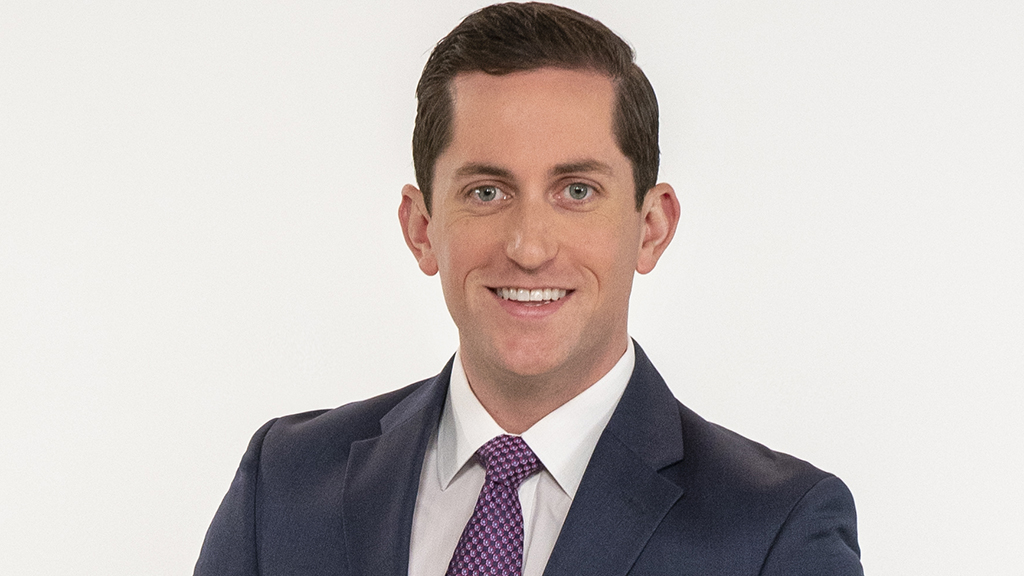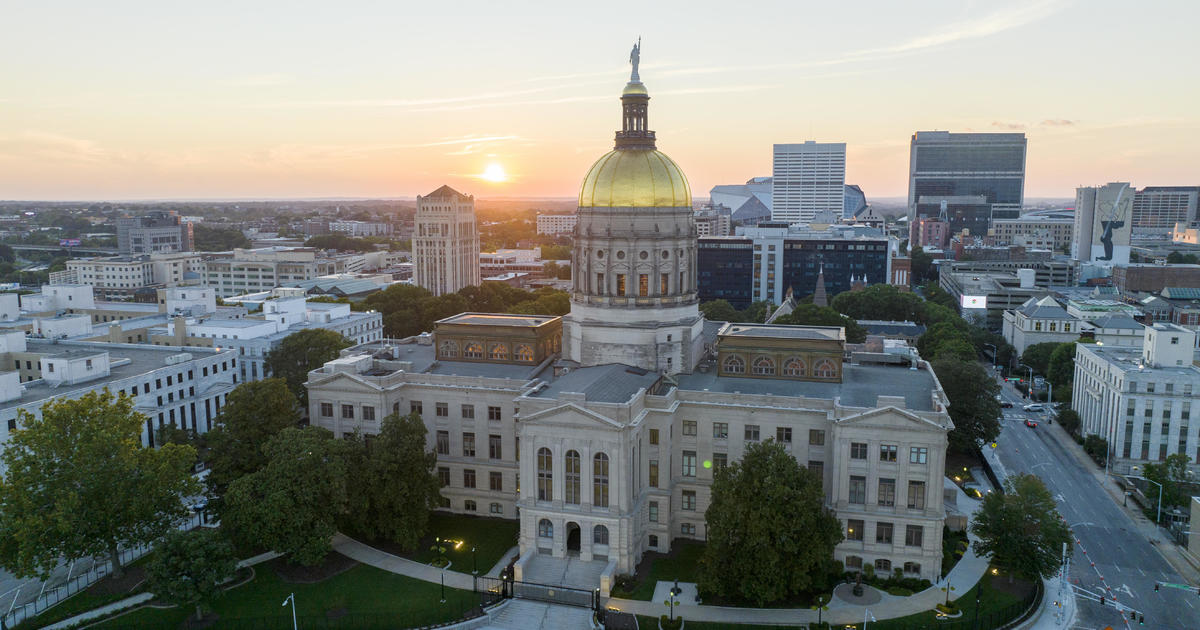$181,000 household income needed to buy median-priced home in Massachusetts, study says
BOSTON – It's becoming more difficult to buy a home, and a recent study by Harvard University investigated the reasons why.
The study, performed by the Joint Center For Housing Studies of Harvard University, found that a buyer looking for a home in the Greater Boston area needed an annual household income of more than $181,000 to purchase a median-priced home.
That statistic was calculated based on putting 3.5% down and on a 30-year fixed rate.
It has now served as a stark reminder of the seemingly growing hurdles between house hunting and home ownership.
"I thought moving from California to Massachusetts we would be able to level up without paying too much more, and that just wasn't the case," said Moe Bonneau.
Nicole Vermillion is a realtor in Quincy and said the recent market has been as competitive as she can remember.
"You have to be quick. You have to act fast and you have to be a very decisive person," said Vermillion.
The realtor said prices of homes have shot up for several reasons, namely supply and demand.
Ever since the Federal Reserve started to raise interest rates in 2022, Vermillion said the market locally has started to cool slightly.
"There are a lot of price adjustments happening right now," said Vermillion. "Pricing is going to be important, and I think buyers are being a little smarter about what they want to offer on a property."
The study found that first-time home buyers were in one of the most difficult positions.
Based on a 7% down payment, Harvard found a first-time homebuyer would have to save $27,000. The study found that ruled out 92% of renters whose median savings were $1,500.
For those renters looking to stay where they are, Harvard revealed record numbers were forced out. The study found 4 million Americans were priced out of their apartments last year.
"To be priced out to the level that people are, I mean I hear about 30 percent increases in rent," said Susie Mendl. "That's insane."
Melvin Vieira Jr. is the President of the Greater Boston Association of Realtors. Vieira said Boston is growing but its housing infrastructure is not growing at the same pace. It is leading to generational supply and demand issues with the Baby Boomer generation staying in homes longer, just as millennials are looking for properties to buy.
"At one point it was just the hospitals or the schools now we have other industries coming in that are causing pressure on demand," said Vieira. "So, we are becoming desirable, so we have to accommodate and build to that."








